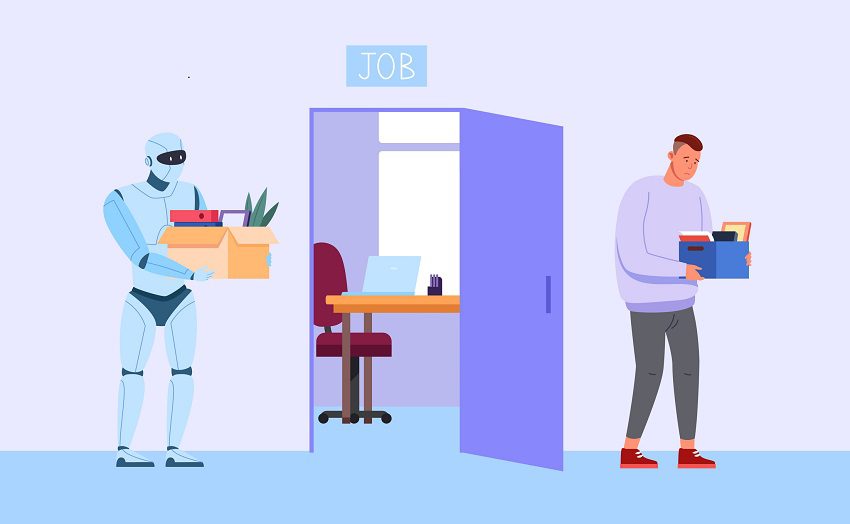Why human brokers won’t be replaced by robots

Responsible use of artificial intelligence will change the role of broker client services representatives (CSRs), rather than replace them, by effectively putting humans in the position of training, evaluating, and monitoring AI’s interaction with consumers.
“Instead of being dominated by intelligent machines, people are now guiding them based on human experience, perception, and expertise,” says Paul R. Daugherty, H. James Wilson, and Karthik Narains in a blog for Harvard Business Review. “In fact, ChatGPT and its predecessors were trained with a technique called reinforcement learning from human feedback (RLHF), and its developers are continuing to refine it based on how people are using it online.
“As one of ChatGPT’s developers told Technology Review, ‘This is ChatGPT’s secret sauce. The basic idea is to take a large language model with a tendency to spit out anything it wants…and tune it by teaching it what kinds of responses human users actually prefer.’”
The use of AI in U.S. brokerages is more advanced than the use of AI in Canadian brokerages, one exec in the Canadian MGA space told Canadian Underwriter last week.
Back in 2018, one industry source told Canadian Underwriter: “There has been much anticipation that technology will start to eliminate certain roles and that the numbers required in the industry to ‘shuffle paper’ will become redundant.” One Canadian insurance broker said several years ago he believed the role of junior underwriter could be completely automated. Even as far back as 2017, one Canadian P&C insurance company CEO predicted up to 30% to 40% of the industry’s workforce could be automated by 2027.
But how much of that has come to fruition hasn’t been quantified.
In 2021, McKinsey & Company, which provides business insights to global managers, published a report on how AI could change the insurance distribution channel by 2030.
“Enough information is known about individual [customer] behavior, with AI algorithms creating risk profiles, so that cycle times for completing the purchase of an auto, commercial, or life policy will be reduced to minutes or even seconds,” the McKinsey & Company report states. “Auto and home carriers have enabled instant quotes for some time but will continue to refine their ability to issue policies immediately to a wider range of customers as telematics and in-home Internet of Things (IoT) devices proliferate and pricing algorithms mature.”
So, will broker customer service reps (CSRs) be replaced by robots? Not so fast, say the authors in their HRB blog.
McKinsey’s study focuses on the ability of AI to collect, synthesize and process large quantities of data. But while some human tasks can be automated, others can’t. Humans will still play a role in serving customers in the future, even if that is by continually monitoring and training generative A.I. solutions to serve customers better, the HRB authors point out.
Four human tasks by CSRs cannot be replaced by AI, the HRB authors note, including the arrangement of customer-facing environments, and directing organizational operations, activities, and procedures.
Generative AI, on the other hand, can completely automate determining the prices of goods and services and collecting payments.
But human CSRs and AI will always have to work together on five other tasks, including responding to customer problems or inquiries; providing information to guests, clients, or customers; and promoting products or services.
Human CSRs will basically perpetually train generative AI solutions on how to better support human customers.
“In the domain of customer service, the advent of generative AI, guided by humans, will require such higher-order cognitive work as judgment, insight, moral reasoning, and innovation,” the HBR bloggers observe. “This is a far cry from following scripts or handing off customers to other, more knowledgeable CSRs.
“Much of this higher-order work will be focused on maintaining, monitoring, and improving the performance of the generative AI itself. As CSRs simultaneously use the system and evaluate its performance, their internal radar must always be on.”
Feature image courtesy of iStock.com/S-S-S



